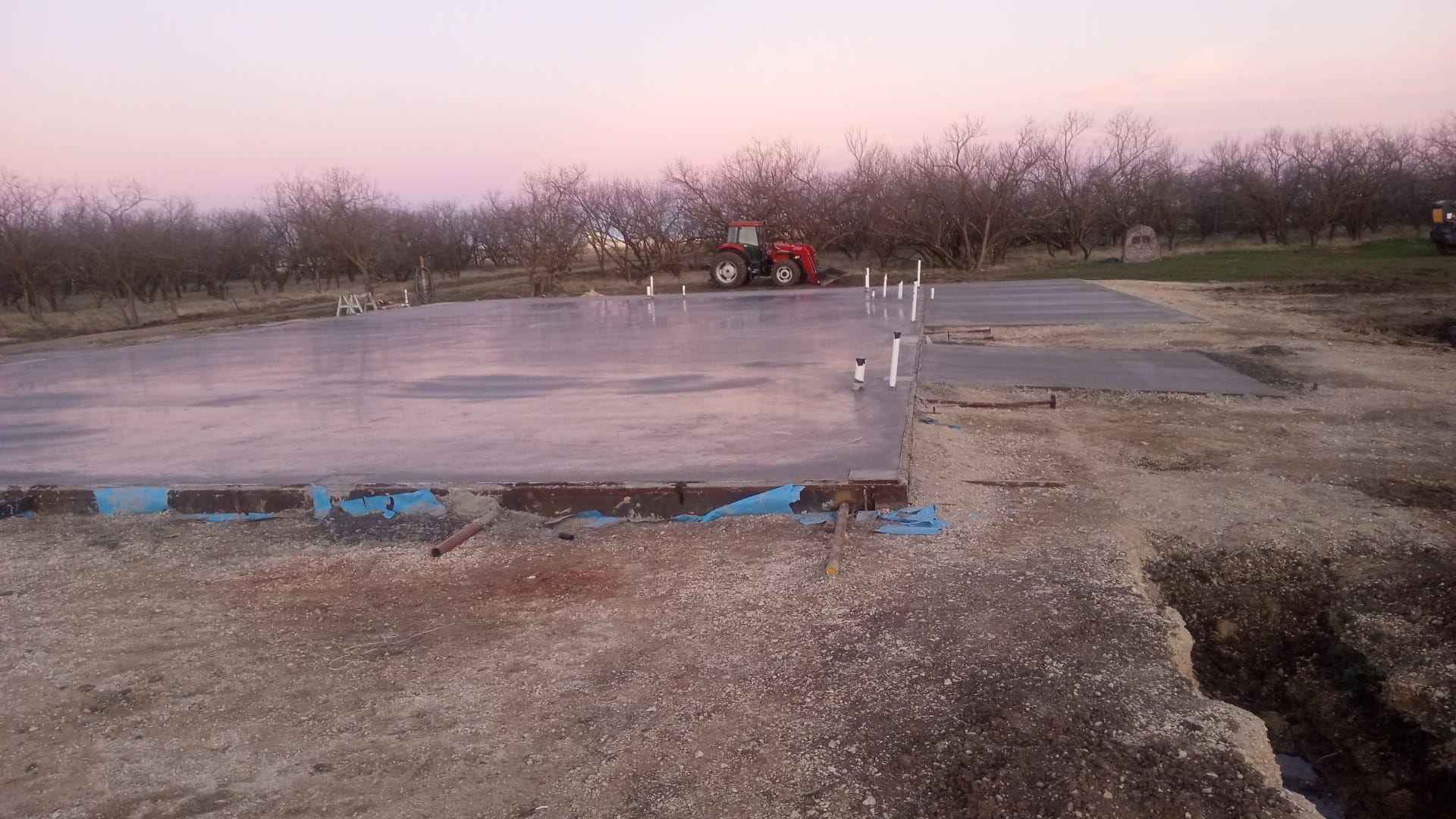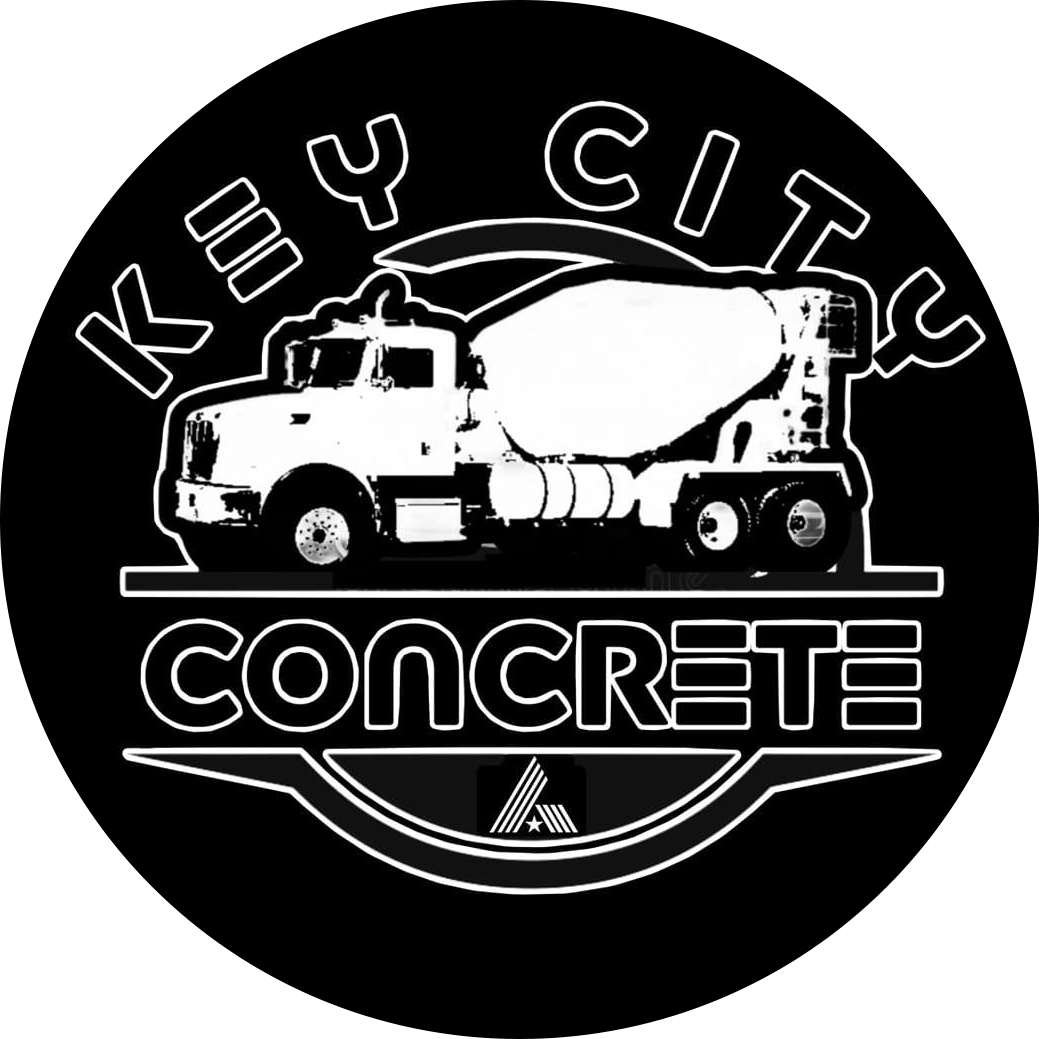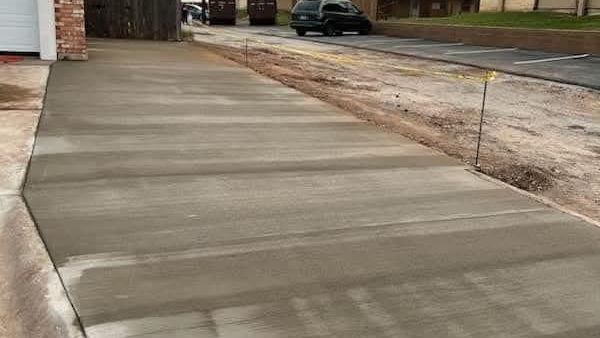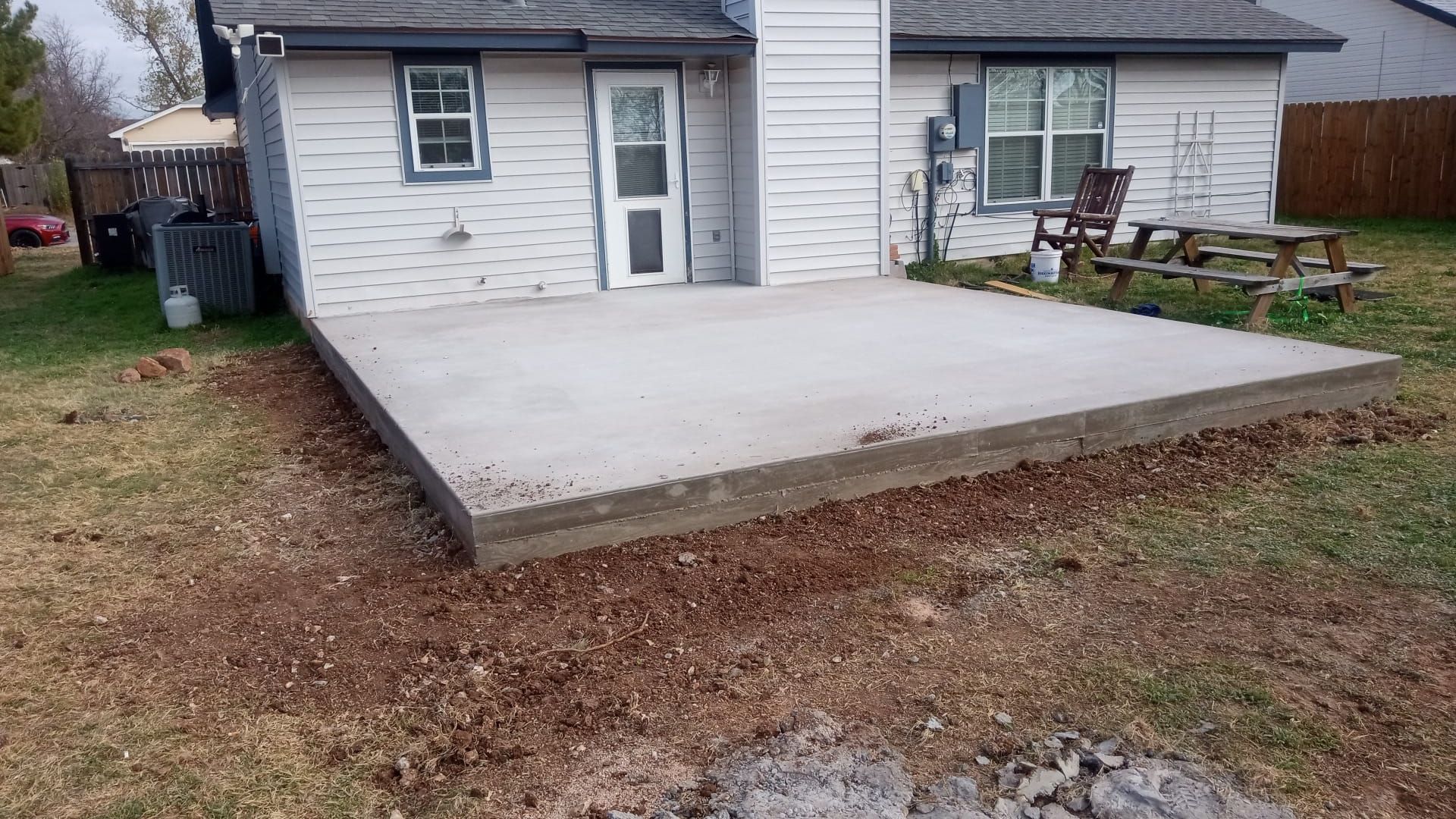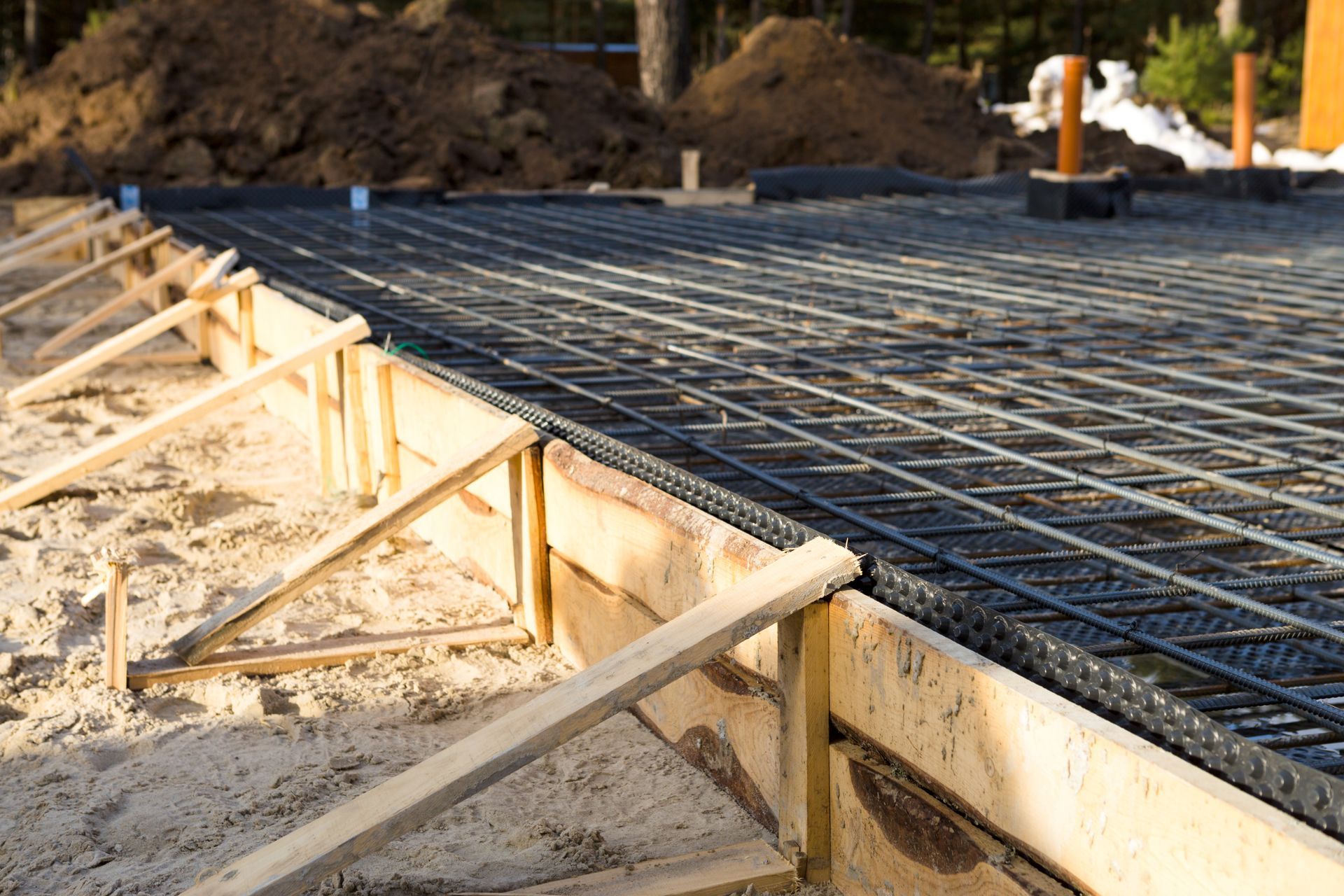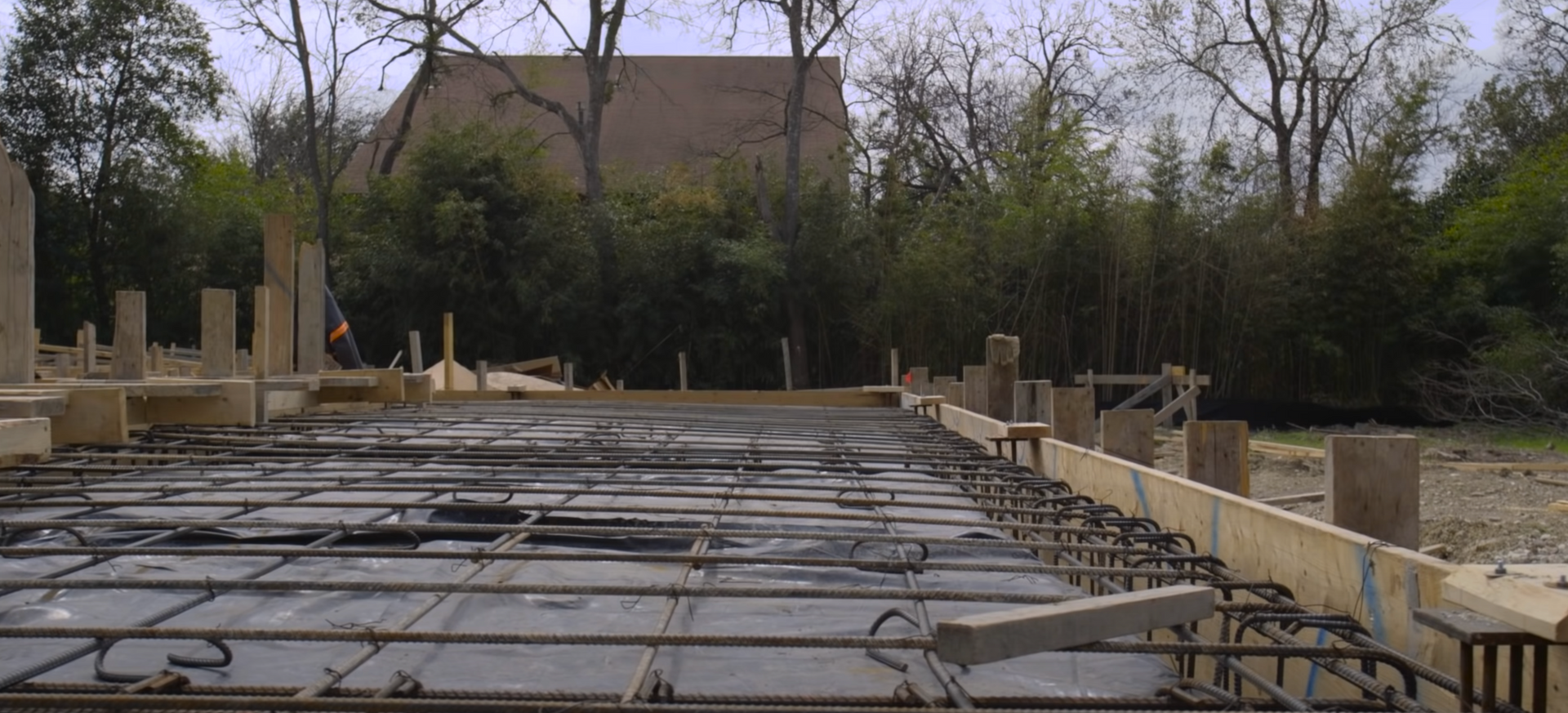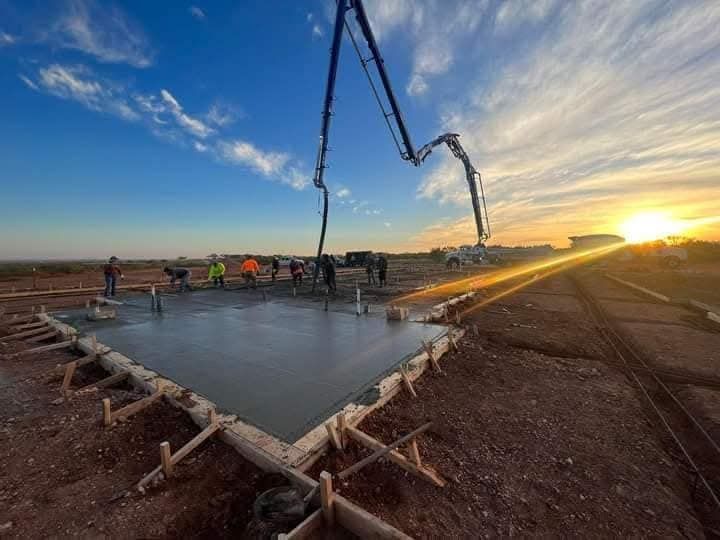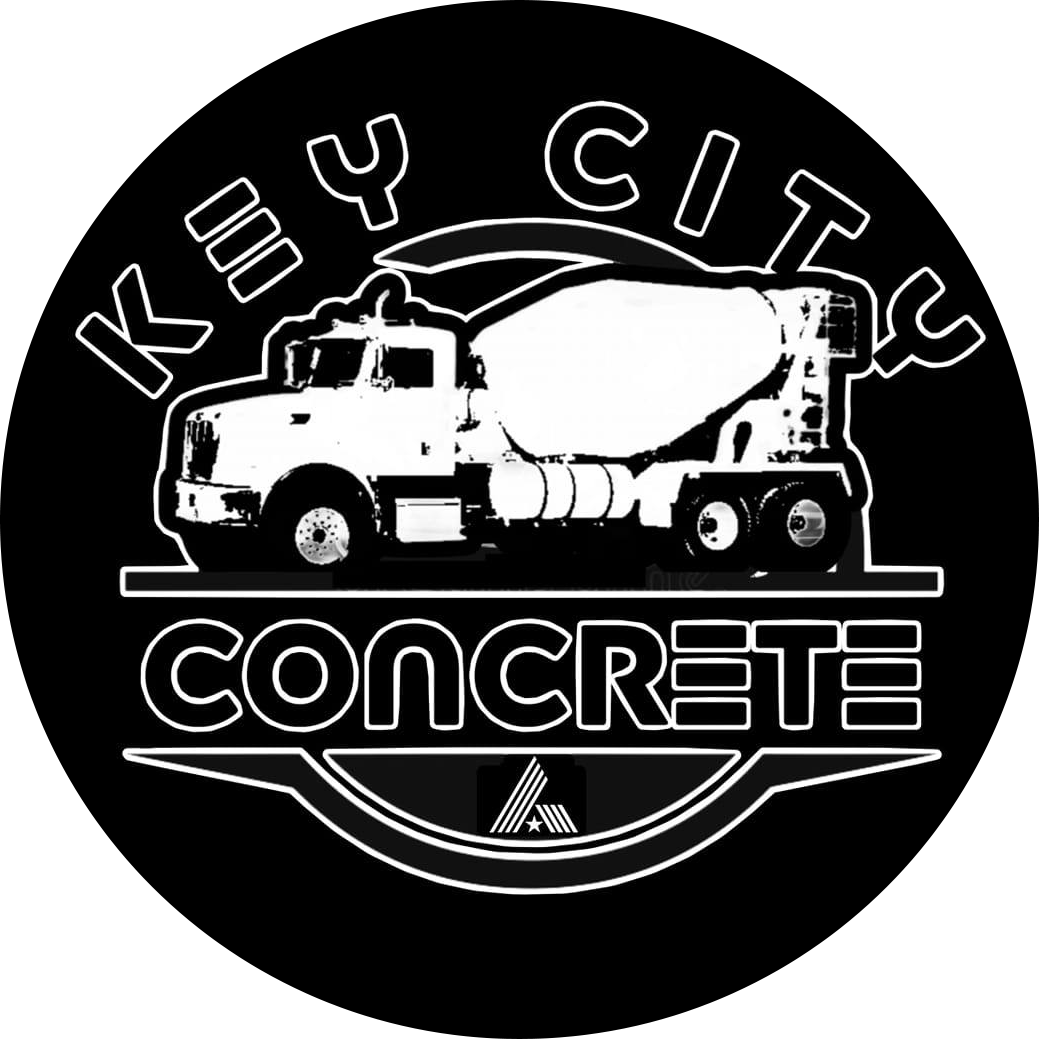Extend Parking Lot Life with Reinforced Concrete Paving
Parking lots take a beating. Between weather changes, heavy trucks, and daily use, it’s no surprise that they start to crack and fall apart. Many property owners patch the surface over and over, but that only delays the real problem.
If you want something that holds up for decades, reinforced concrete paving might be the best choice. It’s strong, dependable, and built to handle tough jobs.
In this post, we’ll explain how it works, why it's a smart long-term option, and how it helps you save time and money.
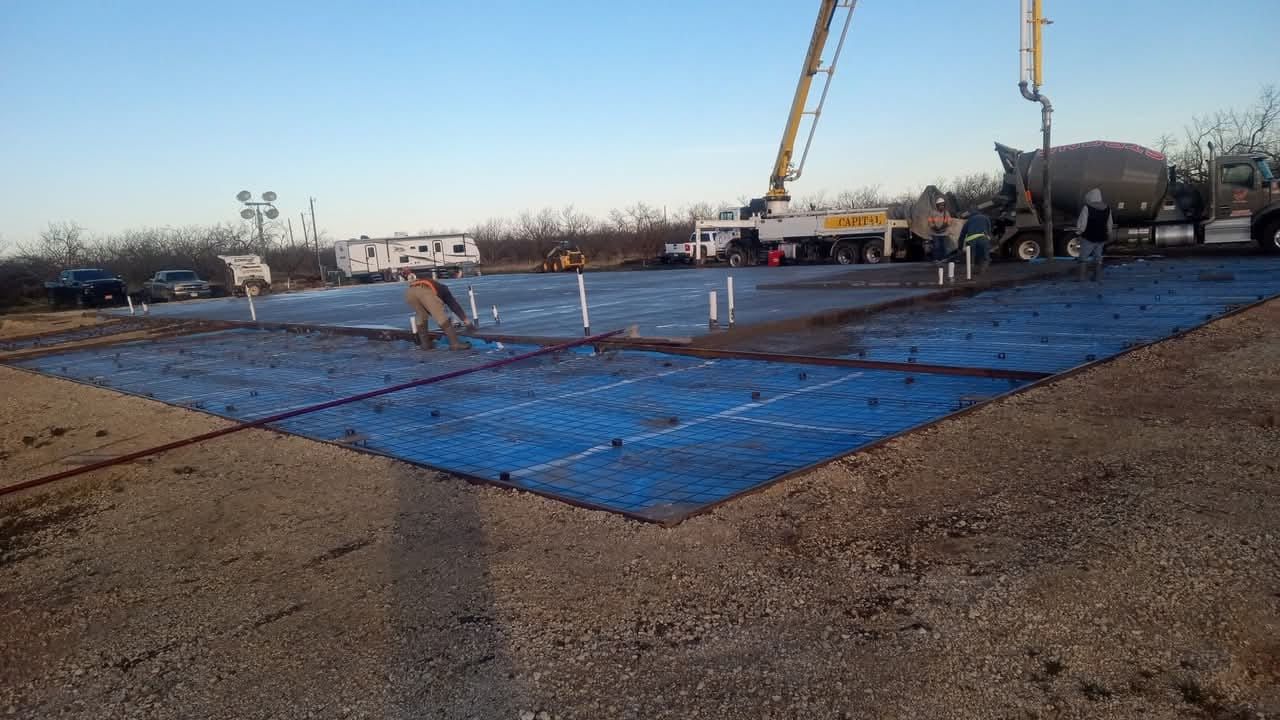
What Is Reinforced Concrete Paving?
Reinforced concrete is just regular concrete, but stronger. It’s poured with steel bars (rebar) or wire mesh inside. This extra support keeps the pavement from cracking and crumbling under pressure.
It’s often used in places where the ground has to support a lot of weight, like parking lots, loading docks, and sidewalks. The steel inside helps distribute the weight evenly, which prevents weak spots and premature failure.
Why Most Parking Lots Don’t Last
Standard asphalt parking lots aren’t made to last forever.
Here’s why they fall apart:
- Heavy vehicles wear them down
- Water and ice get into small cracks
- Hot and cold weather make them expand and shrink
- Poor drainage causes the ground to shift
- Cheap materials break down faster
These problems lead to potholes, deep cracks, and uneven surfaces. Reinforced concrete solves these issues by staying firm, even in tough conditions.
How Reinforced Concrete Helps Your Lot Last Longer
Reinforced concrete doesn’t just look good—it works hard:
- It can last 30 to 40 years or more
- It handles heavy vehicles like delivery trucks
- It resists damage from rain, snow, and heat
- It stays flat and smooth longer
- It needs fewer repairs and patches over time
This kind of durability is one reason it’s commonly used in commercial construction, too. Concrete slabs in larger buildings are built the same way to stand up to stress and time.
It also keeps your business looking professional; a clean, solid surface makes a strong first impression.
How It Compares to Asphalt and Other Options
Asphalt vs. Reinforced Concrete
| Feature | Asphalt | Reinforced Concrete |
|---|---|---|
| Lifespan | 10–15 years | 30–40+ years |
| Maintenance | Frequent sealing & patching | Minimal sealing |
| Load Handling | Light to medium | Heavy-duty |
| Cost Over Time | Higher due to repairs | Lower with fewer fixes |
Concrete may cost more upfront, but it wins long term.
Why It’s Worth the Investment
You might wonder, “Is it worth paying more upfront?” The short answer is yes, and here’s why:
While asphalt might be cheaper at first, it wears out fast. You'll likely need to repave or seal it every few years. Reinforced concrete costs more at the start, but you don’t have to fix it as often.
Over time, it saves you:
- Repair costs
- Time spent on maintenance
- Disruptions to your business
- Customer complaints about potholes or uneven surfaces
Plus, reinforced concrete gives your property a clean, professional look for years.
How to Care for Reinforced Concrete Parking Lots
The good news? It’s low-maintenance.
Here’s how to keep it in good shape:
- Sweep or rinse it off a few times a year
- Seal the joints every few years to stop water from getting in
- Check for small cracks and repair them early
- Make sure your lot drains properly after rain
You won’t need major repairs if you stay ahead of the little stuff.
Best Places to Use Reinforced Concrete Paving
Reinforced concrete is great for:
- Busy shopping centers
- Schools and public buildings
- Apartment complexes
- Warehouse parking areas
- Truck loading zones
- Industrial yards
If your parking lot gets a lot of use or holds heavy vehicles, it’s a smart upgrade.f.
Better for the Environment, Too
Reinforced concrete isn’t just tough, it’s eco-friendly.
- It lasts longer, so there’s less waste
- It reflects sunlight, helping to reduce heat buildup (urban heat island effect)
- It doesn’t need harsh chemicals for sealing
- It can work with permeable drainage systems to prevent runoff
Sustainability and strength go hand in hand.
What to Expect During Installation
Here’s how it usually goes:
- A contractor checks your site
- They dig out and level the area
- They add support like rebar or mesh
- Concrete is poured and shaped
- It’s left to cure (harden) for several days
- Joints are sealed to protect from water damage
The whole process takes time, but it is worth the wait.
Frequently Asked Questions
How long will a reinforced concrete parking lot last
With proper care, it can last 30 to 40 years or longer, much more than asphalt.
Is reinforced concrete worth the extra cost?
Yes. It saves money on long-term repairs and stays in better shape over time.
Can it handle large trucks and heavy loads?
Absolutely. That’s what the steel inside the concrete is for.
What kind of maintenance does it need?
Just regular cleaning and sealing. It's less work than asphalt.
Is it better for the environment than asphalt?
Yes. It lasts longer and doesn't need as many chemicals to stay in good shape.
Can it be installed in hot or cold climates?
Yes, reinforced concrete holds up well in all kinds of weather.
Ready to Make Your Parking Lot Last Longer?
Reinforced concrete paving is a smart way to deal with cracks, heavy loads, and constant wear. It lasts a long time, needs less fixing, and helps keep your lot strong and safe.
If you're thinking about your options or already seeing signs of damage,
Key City Concrete can help. We work across Abilene and nearby towns.
Get a Quote, it’s quick and free.
